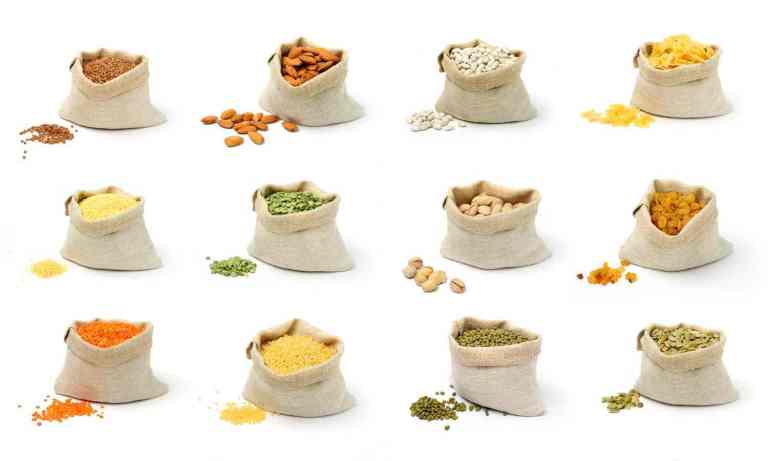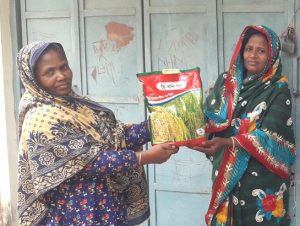Danielle Nierenberg
It’s spring in the Northern Hemisphere and the perfect time to think of new crops to plant whether you’re a farmer or have a few pots on your balcony.
This year may be the time to try some fruits and vegetables that you haven’t heard of because they typically don’t make their way into grocery stores or farmers markets. Some farmers depend on these neglected and underutilized crops to both feed their families and restore economic and biological diversity to their communities.
According to Marie Haga, Executive Director of the Crop Trust, “Maintaining agricultural biodiversity is fundamental for our survival as a species, yet has seldom made it to major international agreements broader than its immediate arena.”
Today, only 30 species provide 95 percent of the world’s calories and out of 30,000 species of edible plants, humans cultivate less than 150 of them. Diversity in food is important not only for crop rotations but also for human health. Food organizations realize the importance of biodiversity in food crops and are beginning to raise awareness about this issue.
Food+Tech Connect produced an entire editorial series celebrating entrepreneurs, farmers, and researchers who value biodiversity in food. The Future Market published a deep dive report on crop diversity and its direct impact on consumers and growers. The Crop Trust launched the Food Forever Initiative to revitalize some of the world’s forgotten foods. And the Lexicon of Sustainability partnered with 16 organizations, including Food Tank, to shine a spotlight on underutilized yet nutritionally valuable crops through an extensive campaign called the Rediscovered Food Initiative.
Contributing Author: Kirby Barth
Over the last century, government policies and large food producers have prioritized farming practices that grow crop varieties with high yields. Today, corn, wheat, and rice make up over 50 percent of plant-based nutrition. Out of 30,000 global edible plant species, only 30 species are used to feed people. Crop biodiversity is an important aspect of farming in order to protect against plant disease and to also provide balanced nutrition.
In response to the 17 Sustainable Development Goals for 2030 outlined by the United Nations, the Crop Trust launched The Food Forever Initiative as a way to highlight the importance of crop and livestock diversity. Marie Haga, Executive Director of the Crop Trust, says, “Maintaining agricultural biodiversity is fundamental for our survival as a species, yet has seldom made it to major international agreements broader than its immediate arena.” The Crop Trust is one of 16 partner organizations to join the Lexicon of Sustainability in launching the Rediscovered Food Initiative (RFI), a campaign to raise awareness about crop diversity.
An estimated 100,000 global plant varieties are endangered today. Extreme weather events, over-exploitation of ecosystems, habitat loss, and a lack of public awareness continue to threaten plant biodiversity. Conservation techniques such as seed banks and seed exchanges play an important role in preserving heirloom varieties of important food crops. The Rediscovered Food Initiative is helping save crop diversity through digital storytelling and educational programming for farmers and consumers.
Today, there are more than 1,700 known seed banks, collaboratives, and exchanges around the world promoting the importance of crop biodiversity. Danielle Gould, founder of Food+Tech Connect, and Mike Lee, founder of The Future Market, realized that public interest in sustainable farming and eating has grown in the last 20 years, but interest in genetic biodiversity does not have the attention it deserves. Food+Tech Connect devoted an editorial campaign to celebrate entrepreneurs, farmers, and researchers who value and promote biodiversity in food. The Future Market also published a deep dive report on biodiversity and how it impacts food producers and consumers.
Other organizations that promote saving crop diversity through initiatives or seeds banks include the Crop Trust’s Svalbard Global Seed Vault, the African Orphan Crops Consortium (AOCC), The World Vegetable Center, and the Slow Food Foundation for Biodiversity.
(Danielle Nierenberg is President of Food Tank and an expert on sustainable agriculture and food issues. She has written extensively on gender and population, the spread of factory farming in the developing world and innovations in sustainable agriculture.)





